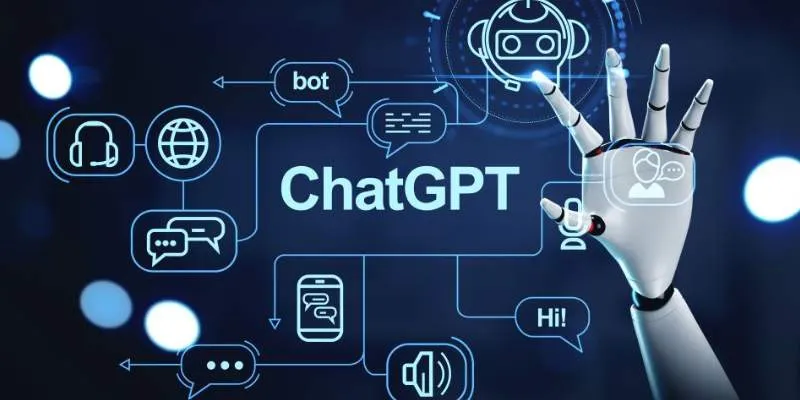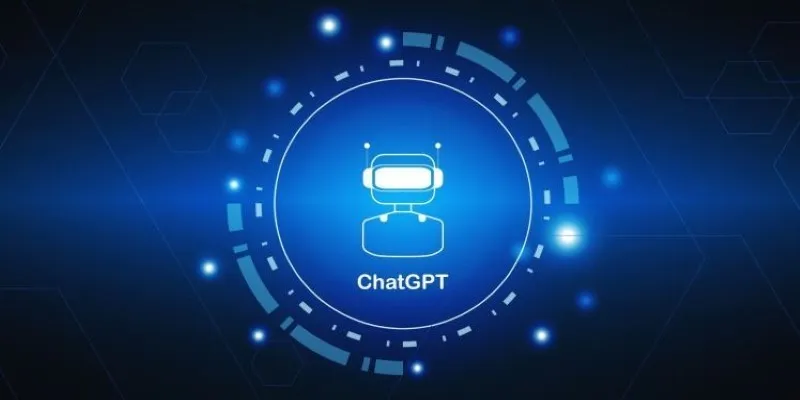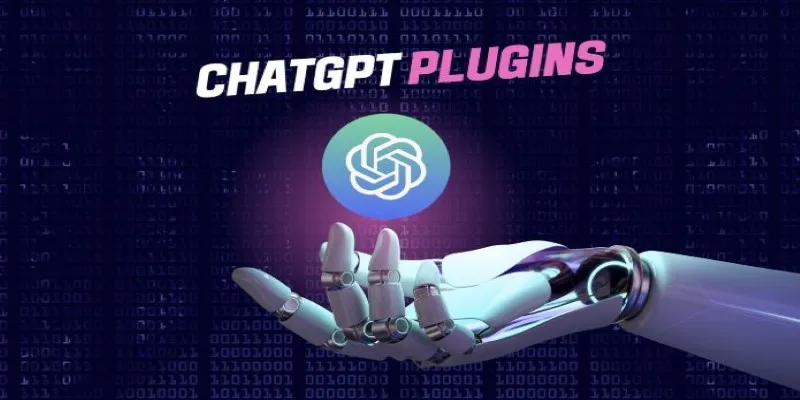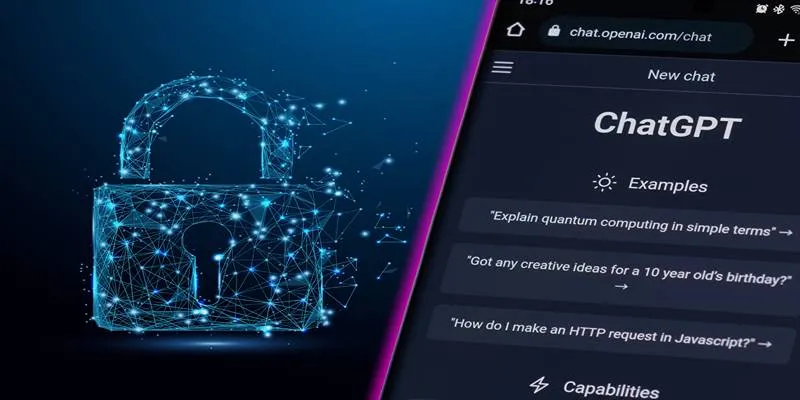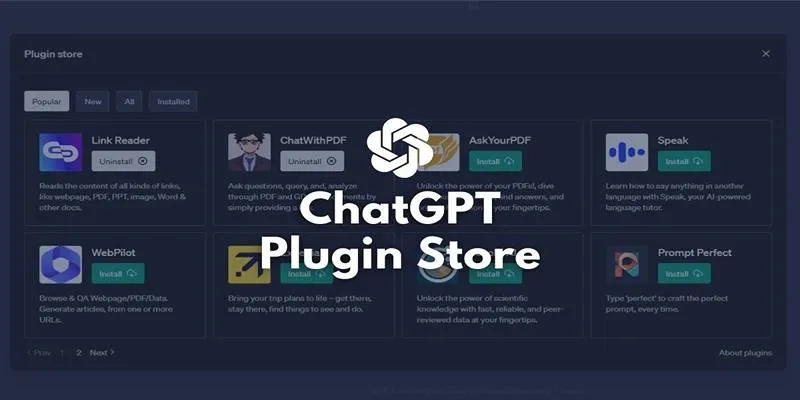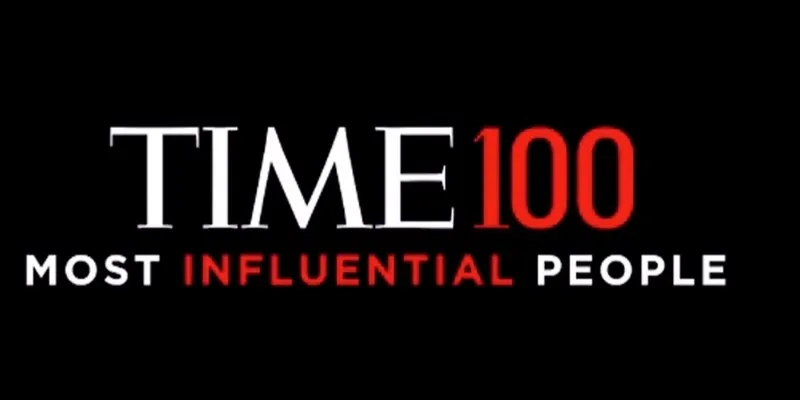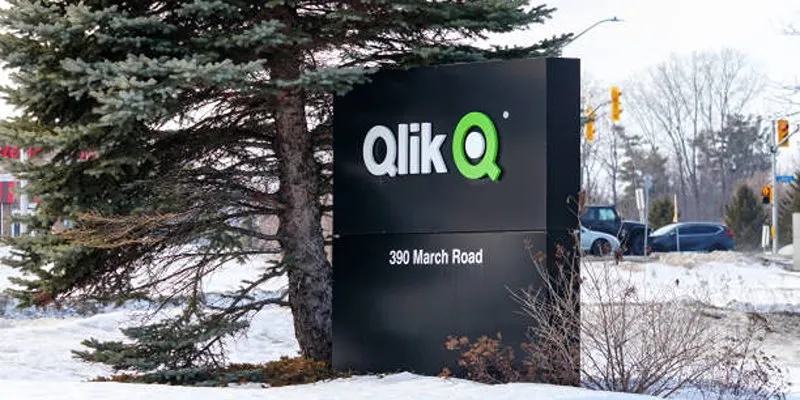Artificial intelligence took two notable steps forward this month, reshaping how governments and local markets might use the technology. OpenAI introduced ChatGPT Gov, a dedicated AI platform tailored for the sensitive and highly specific needs of public agencies. At the same time, the Chinese startup DeepSeek entered the arena with its language model, positioning itself as a direct competitor with a focus on efficiency and regional expertise. These two very different launches highlight how AI is no longer a one-size-fits-all product but a set of tools being adapted for distinct purposes, reflecting both global ambition and local understanding in equal measure.
OpenAI’s ChatGPT Gov: Designed for Public Sector Needs
ChatGPT Gov is OpenAI’s solution to the unique needs of government agencies—organizations that handle sensitive information and must adhere to strict rules regarding privacy and compliance. Unlike the regular version of ChatGPT, this edition gives agencies more control over how the system is deployed, monitored, and secured. It can run on private cloud servers or even entirely on-site, helping governments meet data sovereignty standards and keep critical information within their networks.
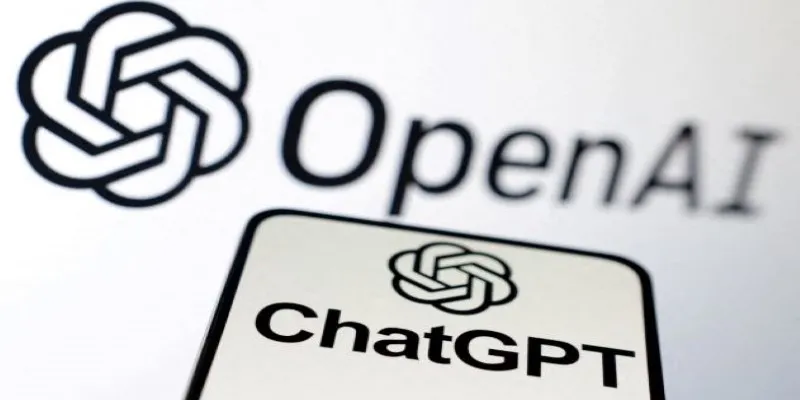
Many public institutions have been cautious about adopting mainstream AI tools, worried about how they’d protect confidential data or fit new technology into older, often rigid, systems. ChatGPT Gov addresses these concerns by allowing agencies to customize it to fit their internal workflows and train it on their specific policies and documents, making its responses more relevant to particular tasks.
With this tailored approach, ChatGPT Gov can help staff draft reports, summarize policies, respond to citizen inquiries, and analyze feedback far more quickly and accurately. While the interface remains simple and easy to use, behind the scenes, administrators gain tools to control who can access what, track activity, and ensure the system remains compliant with legal requirements.
For OpenAI, this is an important step. It shows AI isn’t just for businesses and individual users anymore—it has a place in public service, supporting governments in working smarter and more efficiently.
DeepSeek: China’s AI Challenger
DeepSeek, a Chinese startup founded by researchers and engineers in machine learning, has introduced its own AI platform, aiming to stand as a serious competitor to OpenAI. Its team has focused heavily on making the system excel in Mandarin Chinese, providing natural, fluent interaction in ways that many Western models have struggled to match. This focus on language makes it appealing in a market where local understanding is key.
The company also emphasizes efficiency. According to its creators, DeepSeek’s model requires fewer resources to run, offering faster responses and lower costs. This makes it attractive not just to large enterprises but also to smaller organizations looking for accessible AI without needing extensive infrastructure.
DeepSeek reflects a broader trend where regional startups create technology suited to their own cultural, linguistic, and regulatory environments. In China, where national data policies favor domestic solutions, DeepSeek aligns well with these priorities, offering governments and businesses an option they can trust to meet local standards.
The company is entering a highly competitive space. Still, it offers a clear value proposition that sets it apart: a model designed for Chinese users that is easier to deploy and more affordable, while still delivering strong performance.
How Competition Shapes the AI Landscape
The launch of ChatGPT Gov and DeepSeek’s arrival show how competition and specialization are shaping the AI sector. As the technology matures, companies are no longer focusing only on general-purpose systems. Instead, they are tailoring their tools to fit the particular needs of specific groups, whether those are public agencies, local markets, or industries with unique requirements.

For OpenAI, addressing government needs diversifies its reach and positions it in a market with long-term potential. For DeepSeek, challenging an international leader demonstrates how fast innovation can happen outside Silicon Valley and how regional knowledge can drive compelling products.
This competitive environment benefits users. OpenAI may feel pressure to keep improving multilingual capabilities, security, and efficiency. DeepSeek, meanwhile, will need to prove its ability to deliver consistently at scale. This push and pull between players is what helps advance the field, driving better, more adaptable tools for everyone.
The developments also illustrate how technology adoption depends as much on trust and relevance as it does on technical sophistication. Tools that work in one region or sector don’t always meet the expectations of another. That’s why companies now invest in making AI relatable and usable in more specific contexts.
What This Means for the Future of AI
These announcements give a clear signal that artificial intelligence is growing in reach and depth. OpenAI’s ChatGPT Gov suggests governments can benefit from tools that improve operations, speed up processes, and enhance communication without compromising data integrity. It shows that AI can play a meaningful role in public service rather than just in private business or personal use.
DeepSeek’s launch shows the global nature of AI development. It highlights the demand for alternatives that resonate with local cultures and languages while offering practical solutions that fit tighter budgets. Regional players, such as DeepSeek, add balance to a market often dominated by Western companies, giving users more choices and creating a richer ecosystem of ideas.
The focus on specialization and competition suggests that the next phase of AI growth will be about meeting real-world needs with precision and care, rather than offering the same tool to everyone.
Conclusion
The introduction of ChatGPT Gov and DeepSeek marks a turning point in how AI is being applied and for whom it is designed. OpenAI has stepped into the public sector with a version tailored to government work, while DeepSeek emerges as a homegrown alternative in China, competing on language, efficiency, and accessibility. Both moves reflect a trend toward more specialized, localized, and thoughtful use of AI, serving groups that have previously been underserved. These developments are shaping a future where technology doesn’t just show what it can do but adapts to where and how people actually need it.
 zfn9
zfn9
